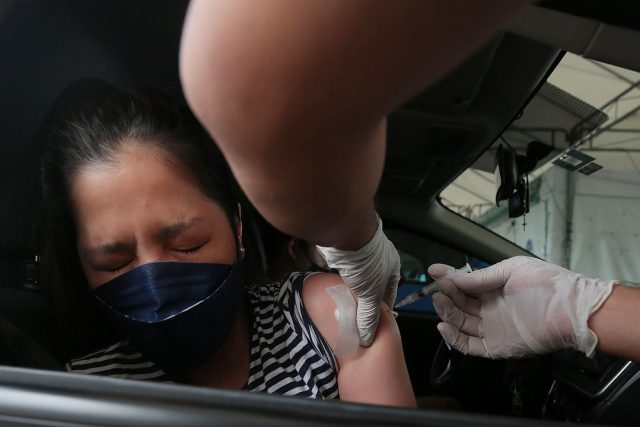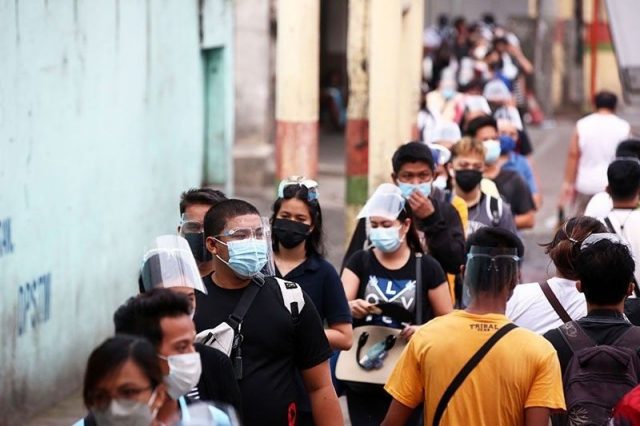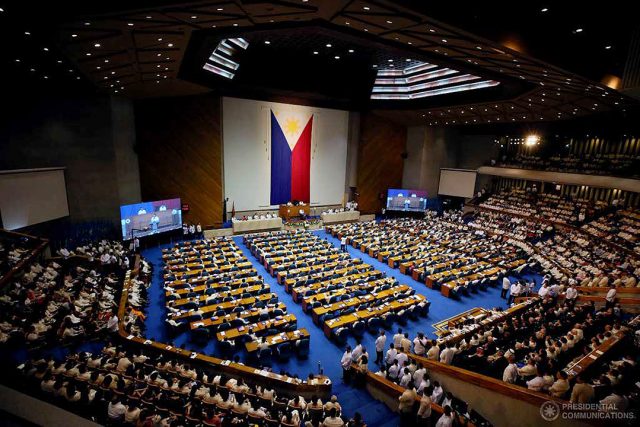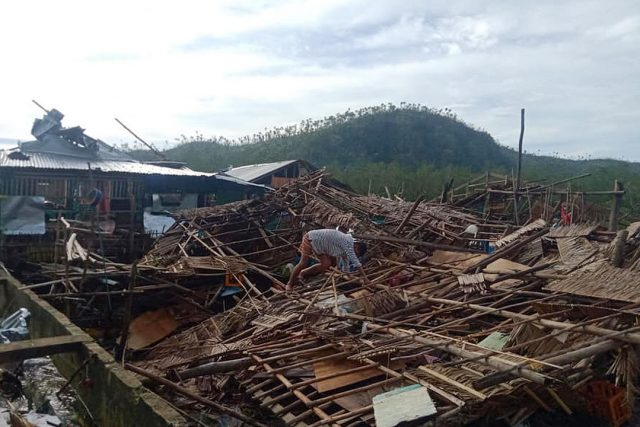Diversified power needed in response to unpredictable coal supply — PCCI
THE Philippines’ energy sources need to be diversified in response to the uncertainty of supply from Indonesia, which recently roiled world markets after briefly imposing a ban on coal exports, the Philippine Chamber of Commerce and Industry (PCCI).
PCCI President George T. Barcelon said in a statement on Tuesday that the disruption of Indonesian supply could have a major impact on power costs and availability as 60% of the Philippine power mix is accounted for by coal-fired power plants.
On Jan. 13, Indonesia’s Coordinating Ministry of Maritime and Investment Affairs announced the relaxation of the export ban and allowed the departure of 37 vessels loaded with coal.
The export ban was imposed on Jan. 1 after state power firm Perusahaan Listrik Negara, announced “critically low” coal inventory held by domestic power plants, raising the risk of power outages.
“The ban has sent global prices of coal higher in the northern hemisphere due to the winter months. We could easily see this happening in our country in the summertime with few to zero alternatives in sight unless Indonesia listens to the pleas of coal-importing countries,” Mr. Barcelon said.
According to the PCCI, the Philippines’ vulnerability to coal supply disruption and volatile costs should not be taken lightly.
“Nearly 70% of the country’s coal supply is imported and in 2021, coal from Indonesia accounted for 96.88% of total Philippine coal imports. Other sources such as Australia and Vietnam are more expensive,” the PCCI said.
PCCI said its leaders in Visayas and Mindanao said the need for developing and deploying alternative sources of power supply, particularly solar and biomass, is urgent.
The PCCI also highlighted the need for more transmission lines and the upgrading of existing facilities.
“While variable renewable energy resources could be rapidly deployed in certain areas, coal is still critical to fuel the country’s economy because it is the most stable source of energy,” the PCCI said.
Mr. Barcelon proposed government-to-government procurement to resolve the uncertainty of the coal supply.
“Alternatively, the Philippines could turn to bioenergy renewable power, where all local government units are mandated to put up their own generating facility, mandating renewable materials and resources such as solar panels, in the building code and waste-to-energy programs especially as the country is aiming to build back better and greener,” the PCCI said. — Revin Mikhael D. Ochave












